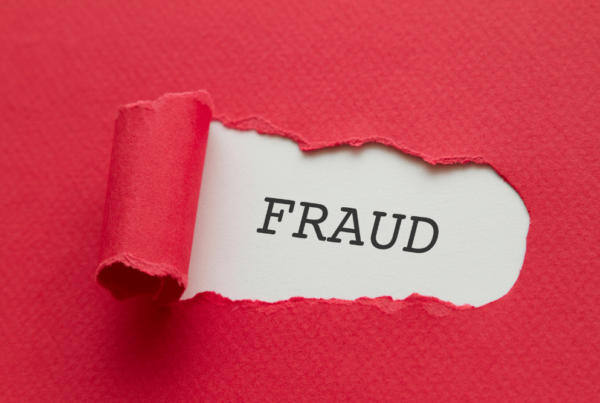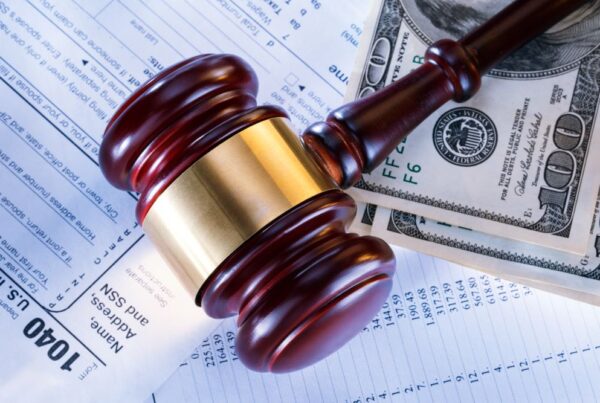A grand jury serves basically one purpose, to determine whether there is probable cause that a federal criminal offense has been committed. If the grand jury indicates that there is probable cause, a person or organization will be indicted.
The process of indictment by grand jury involves a hearing before the grand jury in secret in which the United States Attorney presents evidence through witness testimony and exhibits, the grand jury deliberates, and then the grand jury returns a bill. The bill is the decision of the grand jury to indict or not. If the grand jury finds probable cause, it has a true bill, while a lack of probable cause means no bill. The grand jury has investigative powers including the power to subpoena documents and witnesses.
18 USC 3331 Explanation
18 USC 3331 allows for a special grand jury, whose powers exceeds those of an ordinary grand jury. Whereas a grand jury can only issue a true bill or no bill, a special grand jury is authorized to indict and also issue a report on possible criminal activity. The report of the special grand jury may concern organized crime or non-criminal misconduct by appointed public officials or their employees occurring within the territory of the US District Court (eg, corruption).
The special grand jury is limited in that it may issue the report only based on evidence produced in the course of a criminal investigation. Further, the report is generally not available to the public.
The law requires a special grand jury every 18 months in every district with 4 million inhabitants. See 18 USC 3331(a). In addition, the court can impanel a special grand jury upon a written certification by the US government that there is a need “because of criminal activity in the district.” See 28 CFR 0.59.
If the special grand jury returns a true bill, then the person or organization will face federal criminal prosecution. On the other hand, if the special grand jury only issues a report, then the report will be forwarded by the Department of Justice to the federal agencies that are responsible for prosecuting the alleged conduct.





